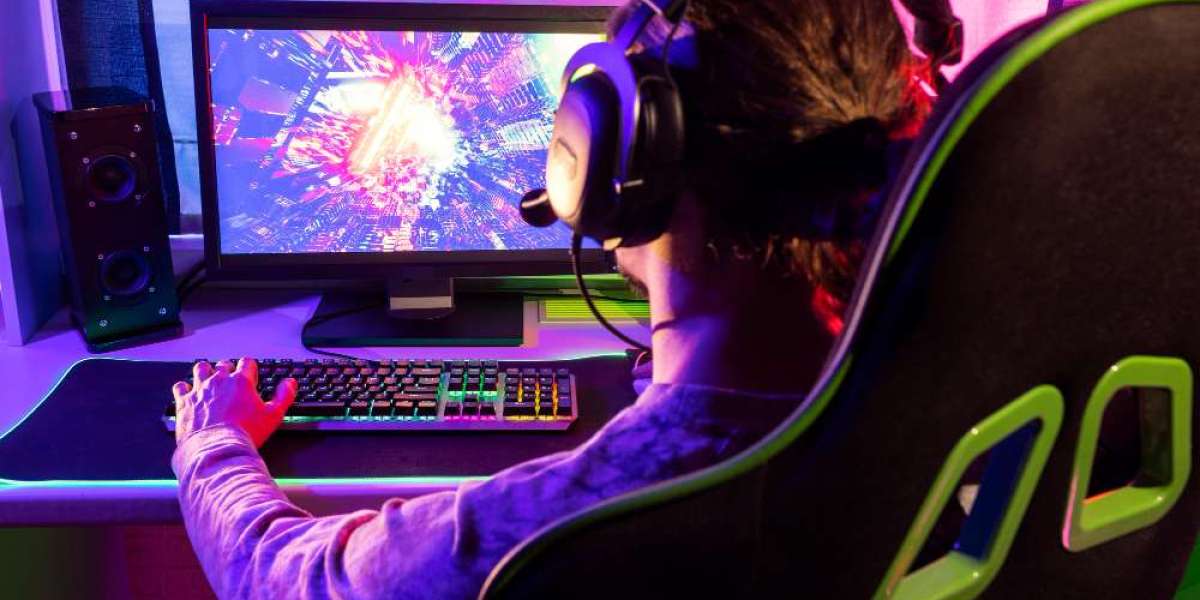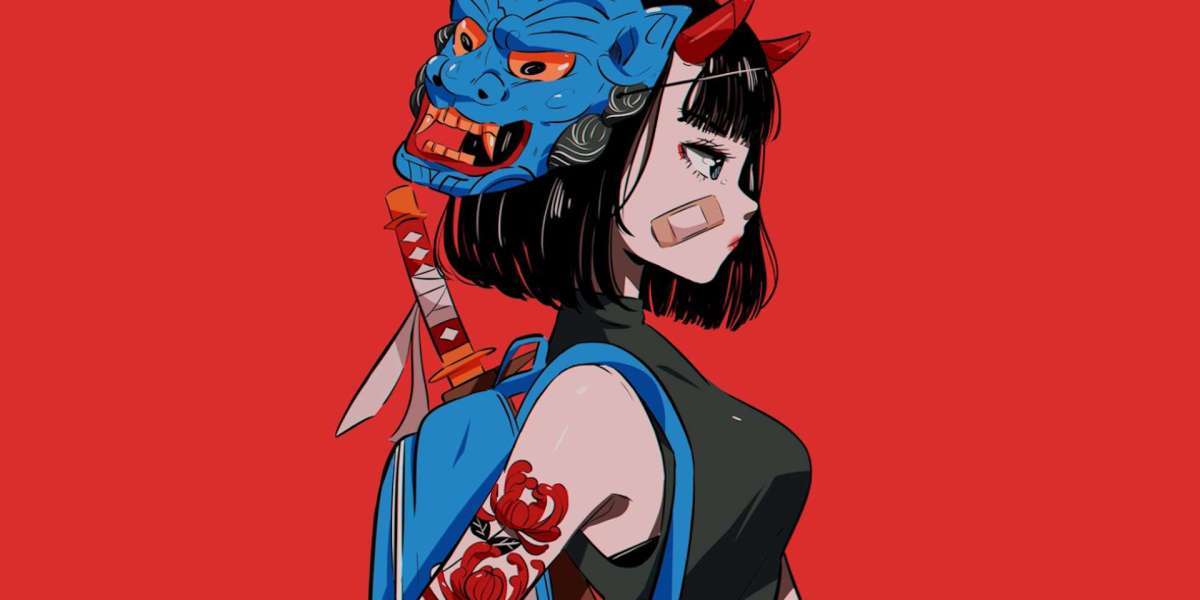You can feel it the moment you join a good clan.
That quiet hum in the group chat, the inside jokes that appear out of nowhere, the weird sense of home that shouldn’t exist in a Discord server filled with people you’ve never actually met. Yet somehow, it does.
In the modern gaming world, clans aren’t just competitive teams or friend groups they’re digital tribes. They operate by their own rituals, hierarchies, and languages. And as esports grows from niche hobby to global phenomenon, these micro-communities have become the beating heart of the culture.
Beyond the Game
If you zoom out, it’s kind of wild. A generation that grew up with LAN parties and late-night chatrooms has built something far more complex a social structure that mirrors the tribal instincts buried deep in our psychology.
Humans have always gathered in groups for identity, belonging, and protection. Only now, the campfire is replaced by a glowing monitor and the shared hunt is a ranked queue.
These clans whether it’s a small group grinding Valorant or a massive esports organization with sponsorships and merch give players a sense of “us.” They make the infinite digital world feel smaller, more personal, and more human.
Rituals, Loyalty, and Language
Every clan has its rituals. The pre-game banter. The post-match debrief. The unspoken rules about who calls out enemy positions and who just yells “push mid!” at the wrong time.
There are nicknames, memes, Discord emotes that only make sense if you were there for that one match. It’s a living culture, passed down in screenshots and shared memories.
And that loyalty? It’s real. People defend their clan tags like sports fans defend their teams. They show up not because of the game itself, but because of the people waiting for them on the other end of the headset. In a world that can feel increasingly fragmented, that’s powerful.
The Shadow Side
Of course, tribes come with boundaries. For every inclusive, supportive clan, there’s another that turns inward cliquish, even toxic. When loyalty crosses into hostility toward outsiders, the same sense of belonging that strengthens can also divide.
It’s the same tension that’s always existed in human communities: connection versus competition, unity versus exclusion.
Esports and the Future of Belonging
As esports continues to professionalize, clans are evolving from hobbyist circles into legitimate ecosystems. Players find mentorship, careers, and even lifelong friendships through them.
But maybe the most interesting part isn’t about the competition at all it’s that these spaces remind us of something deeply human. That even in a hyperconnected world, we still crave a “tribe.” Not in a prehistoric sense, but in a personal one: people who speak our language, who get our humor, who show up when the match starts.
Maybe that’s the secret of modern gaming. It’s not just pixels and reflexes it’s community, ritual, and belonging, disguised as play.
If you’ve ever been part of a clan that felt more like a family than a friend group, you probably have stories worth telling the late-night victories, the in-jokes, the moments when a random teammate became a lifelong friend. Platforms that feature write for us gaming opportunities are always looking for voices like yours: real players, not marketers, sharing what digital belonging actually feels like. Because behind every leaderboard and livestream, there’s a story about people finding each other in the noise and that’s what makes gaming culture so endlessly human.








